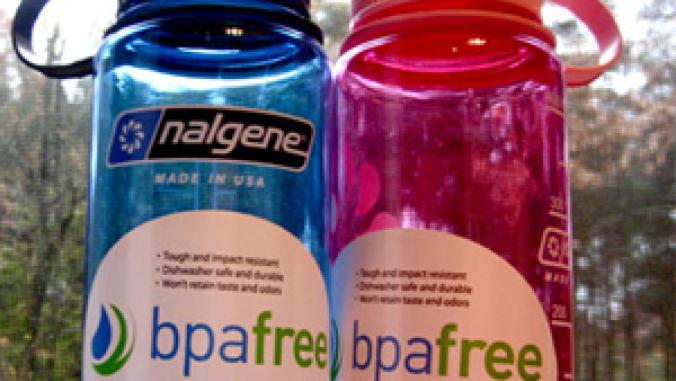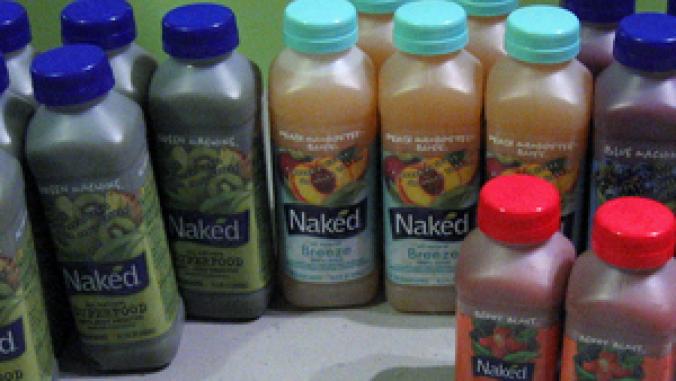National Toxicology Program Reaffirms Concern Over BPA
Differing from an FDA report stating bisphenol A is safe for adults and children, the National Toxicology Program's latest report says there is some concern over BPA's possible effects on children.

In it's final report on bisphenol A (BPA), the federal government's National Toxicology Program (NTP) says BPA is of "some concern" for its possible effects on brain and prostate development as well as on behavior in fetuses, infants and children.
"Some concern" is the middle ranking in the NTP's five-level scale that also includes negligible concern, minimal concern, concern and serious concern.
The NTP also concluded there is minimal concern over effects on mammary gland development and early puberty in female infants and children, minimal concern over reproductive effects on workers exposed to higher levels of BPA and negligible concern over reproductive effects adults and malformations in newborns.
“There remains considerable uncertainty whether the changes seen in the animal studies are directly applicable to humans, and whether they would result in clear adverse health effects,” said NTP Associate Director John Bucher. “But we have concluded that the possibility that BPA may affect human development cannot be dismissed.”
The conclusions differ slightly from the NTP's draft report from April this year, when the NTP said it had some concern over effects on mammary glands and early puberty for females. But overall it differs more from an FDA report last month that said at current levels, BPA is not a concern for adults and infants, although the agency did call for further testing.
"If parents are concerned, they can make the personal choice to reduce exposures of their infants and children to BPA," said Michael Shelby, director of the NTP's Center for the Evaluation of Risks to Human Reproduction. Many companies including Wal-Mart, Toys 'R Us, CVS, Nalgene and a variety of Canadian retailers have already taken steps to eliminate products containing BPA, especially those geared at children and infants, like baby bottles.
"Some concern" is the middle ranking in the NTP's five-level scale that also includes negligible concern, minimal concern, concern and serious concern.
The NTP also concluded there is minimal concern over effects on mammary gland development and early puberty in female infants and children, minimal concern over reproductive effects on workers exposed to higher levels of BPA and negligible concern over reproductive effects adults and malformations in newborns.
“There remains considerable uncertainty whether the changes seen in the animal studies are directly applicable to humans, and whether they would result in clear adverse health effects,” said NTP Associate Director John Bucher. “But we have concluded that the possibility that BPA may affect human development cannot be dismissed.”
The conclusions differ slightly from the NTP's draft report from April this year, when the NTP said it had some concern over effects on mammary glands and early puberty for females. But overall it differs more from an FDA report last month that said at current levels, BPA is not a concern for adults and infants, although the agency did call for further testing.
"If parents are concerned, they can make the personal choice to reduce exposures of their infants and children to BPA," said Michael Shelby, director of the NTP's Center for the Evaluation of Risks to Human Reproduction. Many companies including Wal-Mart, Toys 'R Us, CVS, Nalgene and a variety of Canadian retailers have already taken steps to eliminate products containing BPA, especially those geared at children and infants, like baby bottles.




